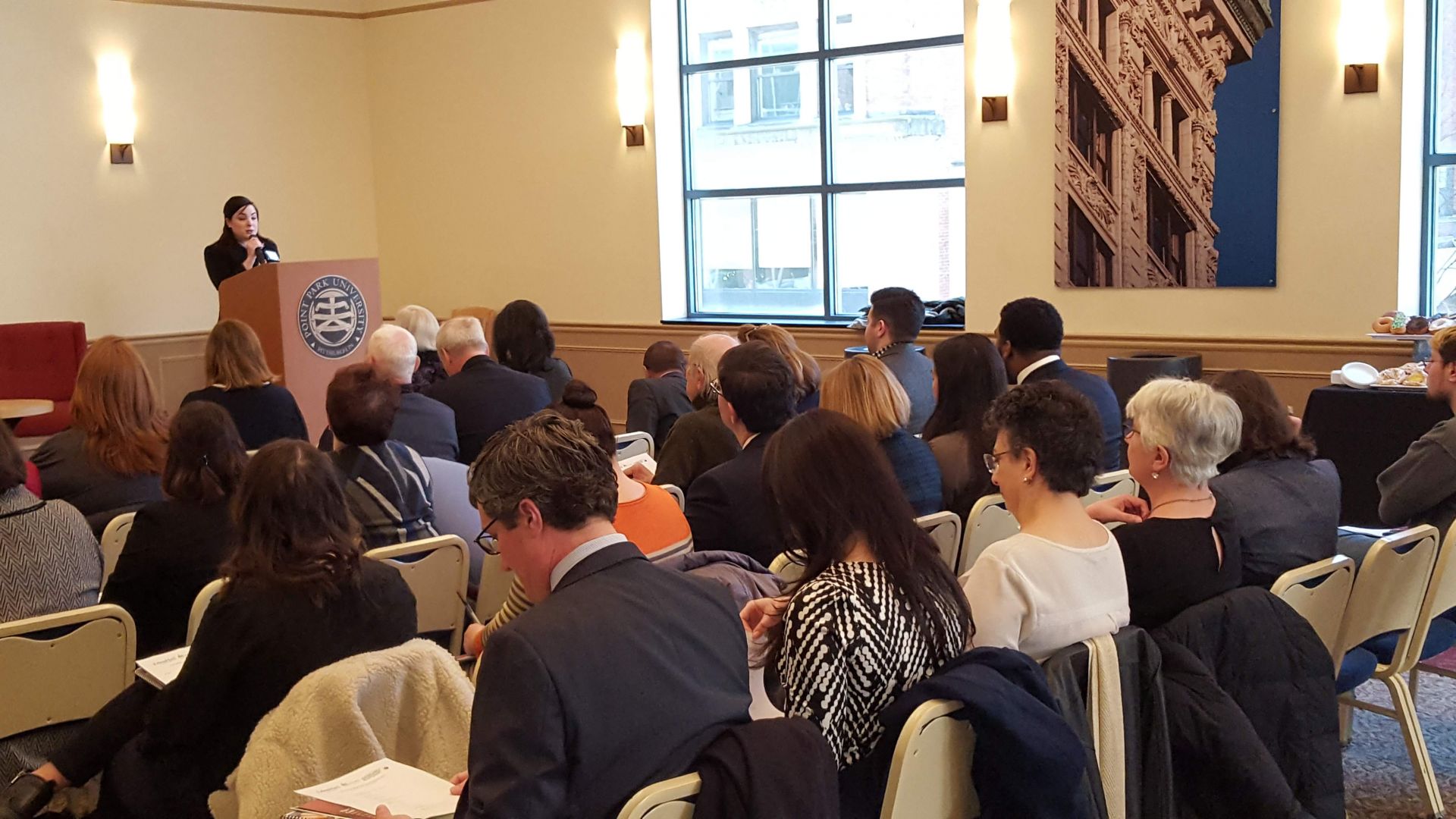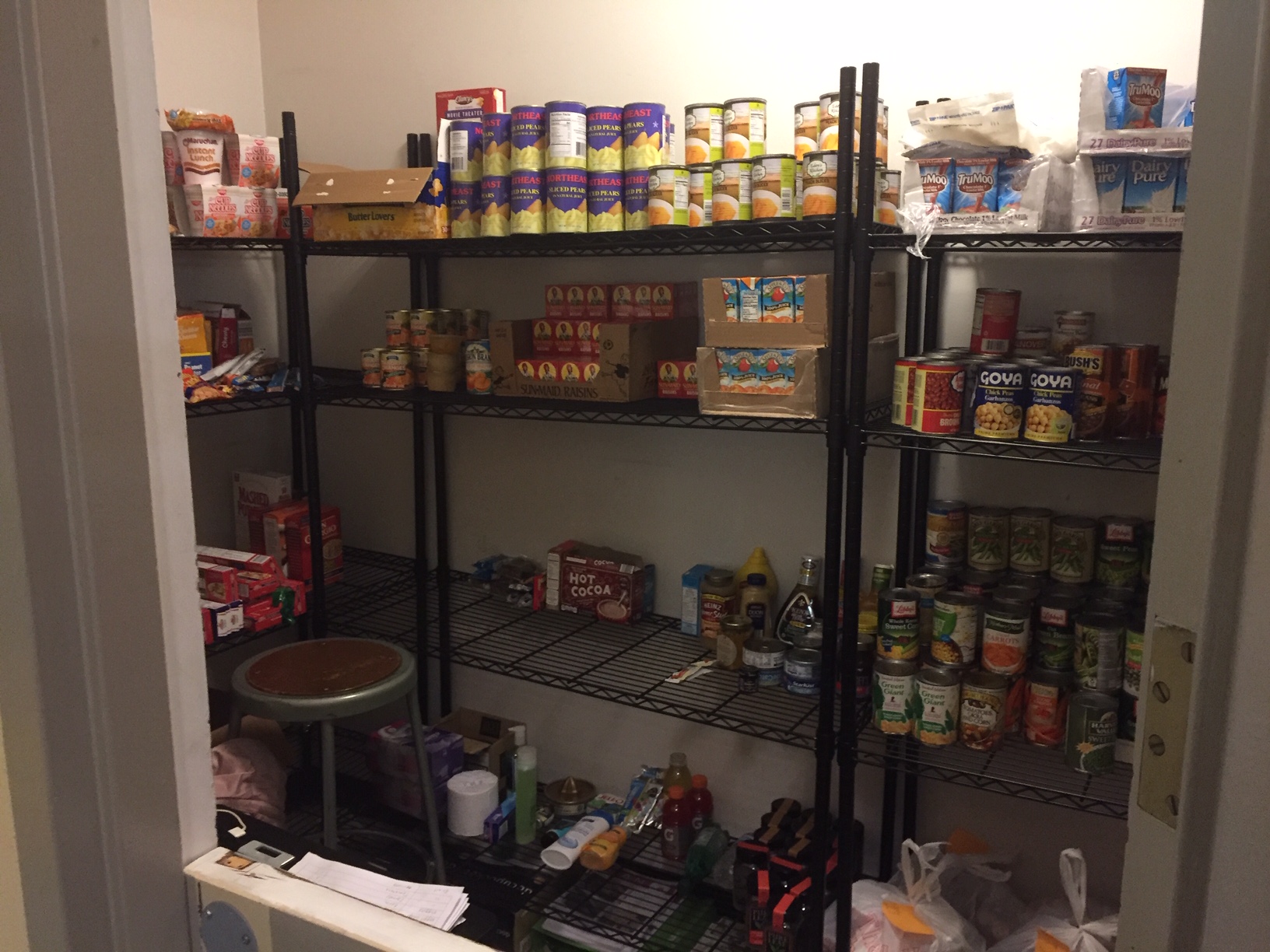-(2).jpg)
Eden Hall Foundation is proud to announce the publication of two studies completed in 2018 highlighting the necessity of supporting the basic needs of college students in the two critical areas of food and housing. While these studies focused on the needs of students in southwestern Pennsylvania -- and funded through grants from Eden Hall Foundation—they have implications for institutions of higher education nationally.
The study on college food insecurity conducted by Greater Pittsburgh Community Food Bank and the University of Pittsburgh Office of Child Development titled The Campus Cupboard Study: Needs Assessment of Collegiate Food Insecurity in Southwestern Pennsylvania collected responses from more than 6,000 students across 14 college campuses in southwestern Pennsylvania. It is among the largest samples studied in research on food insecurity among college students.
The results are startling: 29% of students from the colleges and universities surveyed face moderate or high levels of food insecurity, which is more than twice the 12% national rate for U.S. adults. The most frequently cited experience of food scarcity was inability to afford balanced meals; 71% of students reported this experience. About half of students had run out of food and couldn’t afford to buy more (46%), cut the size of or skipped meals (52 %) or ate less than they should because they lacked money to purchase food (48%). 41% had gone hungry because they could not afford food.
The study on college housing insecurity conducted by the Department of Community Engagement at Point Park University and the Pittsburgh Council on Higher Education (PCHE) titled Examining Housing Insecurity Among Pittsburgh-Area College Students engaged college administrators in focus groups and interviews about their perception of housing insecurity and basic needs on their campuses and collected survey responses from more than 1,800 students across nine PCHE member college campuses throughout the greater Pittsburgh region.
Of the students who participated in the housing insecurity study, 19.8% reported sleeping in non-traditional housing such as a shelter, couch surfing, transitional or group homes in the last 12 months. Additionally, 12.2% reported to have lacked a fixed, regular and adequate nighttime residence since starting college. Campus administrators who participated in the focus groups and interviews identified several basic needs including food insecurity, textbooks, hygiene products, child care, transportation and legal assistance. Additionally, administrators indicated a desire for more institutional data regarding housing insecurity to further understand the scope of the problem in southwestern Pennsylvania.
“Eden Hall Foundation believes a strong safety net is essential for all people to thrive. Individuals may experience food, housing and economic insecurity at various points in their lives, but college students are extremely susceptible to these challenges,” stated Sylvia Fields, executive director. “Food pantries, campus cupboards, innovative housing solutions can play a critical role in meeting students’ most basic of needs, providing a foundation from which students can learn, grow and flourish.”
Links to both the studies are below:

 Sylvia Fields introducing studies
Sylvia Fields introducing studies  Lindsay Haslett, Student Moderator for the Event
Lindsay Haslett, Student Moderator for the Event  Sample College Food Pantry
Sample College Food Pantry